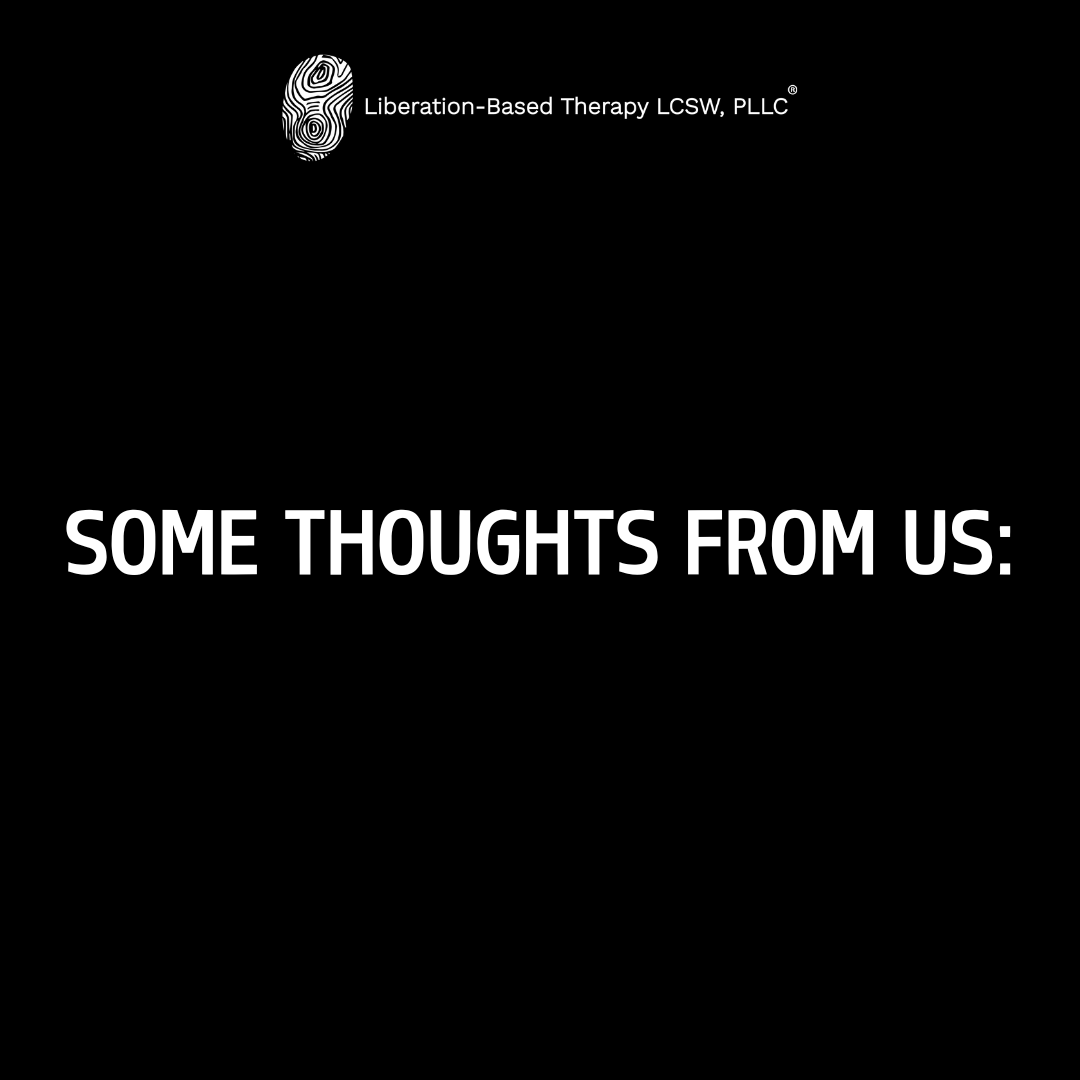
Some Thoughts from Us:
Grief is exhausting, messy, and unpredictable. It barges into your life, settles in your throat, your chest, and makes you question everything about life and love.
There’s no “right” way to grieve, no perfect advice that’ll make it less painful or fast-forward you through it. But there are several ways for you to navigate the journey, even if they’re a little clumsy or downright painful.

Did You Read What You Signed?
Do you read what you sign? Yes, I’m talking about that dense document that you get via email from the office when you are about to start with your therapist. That document that might look like a nightmare to read before your first therapy session? You know, the one filled with office policies, procedures, and an oddly specific cancellation policy. Don’t worry, we’ve all been there, skimming through the pages while nodding like we’re understanding everything when, in fact, we feel like ‘we got this’.

It’s Self-Care Month (designated by the World Health Organization in 2019).
Thanks WHO! Did you know the concept of self-care in the United States originated as a medical term in the 1950s for long term care patients? Later the ‘self care’ concept was adopted by activist groups during the civil rights movement as a way to manage the wear and tear on one’s body when on the front lines. BUT, if we take a moment and decenter western history around the concept, we can see that indigenous forepeople have been attuned to the needs for time for holistically caring for the body (and the planet, for that matter) as a collective responsibility for a community long before the concept was named and, now talked about by influencers. ( I mean, I remember my grandma talking about “resting her eyes”... can anyone else think of terms or phrases from elders that talked about ideas of rest?) Anyway…

A Quick Guide to Consensual Non-Monogamy’s Many Different Relationship Structures
Marriage, and monogamous relationships, may have been the American societal norm for decades, but that tide seems to be shifting. In a national survey conducted by data analytics firm YouGov in 2020, only 56 percent of people cited complete monogamy as their ideal relationship style. An estimated 23 percent of respondents said their relationships were already non-monogamous, echoing 2017 research published in the Journal of Sex & Marital Therapy, which found that more than one in five single Americans in their study had tried consensual non-monogamy. As Esther Perel points out in her book, The State of Affairs, “monogamy used to mean one person for life. Now, monogamy means one person at a time.”

The Road to Forgiveness: A Journey Paved with Grace
Within the fabric of our lives, forgiveness intertwines a delicate thread, binding wounds and healing scars. The road to forgiveness is not an easy one; it is fraught with pain, resentment, and sometimes, an overwhelming sense of injustice. Yet, as you traverse this challenging path, you'll find that forgiveness is not just a destination but a transformative journey, guided by the profound force of grace. Here are some ways to approach it:

Unleash Your Creativity this Spring: A Guide to Manifesting Something New in Your Life
Springtime is often associated with rejuvenation, growth, and the emergence of new possibilities. As nature begins to bloom, so too does our desire for change and exploration. If you've found yourself yearning for something meaningful, different, or transformative in your life, then you're in the right place at the right time. Welcome to the release of "You Are Creative" – a guide designed to ignite your inventive spirit and empower you to embark on a journey of self-discovery and creation.

What is liberation psychology and what is liberation-based therapy?
Originating from the works of psychologists like Ignacio Martín-Baró and Paulo Freire, liberation psychology
emerged as a response to oppressive political regimes and social injustices occurring in Latin American during
the 1970s. It was a time when many Latin American countries were ruled by authoritarian regimes, and people
faced persecution and marginalization for expressing dissenting views or advocating for social change. Against
this backdrop, psychologists recognized the urgent need to address not just individual mental health issues
but also the broader social and political factors contributing to widespread suffering and oppression. This
practice offers a unique perspective on healing—one that prioritizes empowerment, cultural relevance, and
the interconnectedness of personal and societal well-being.

Mutual Aid: A Call to Support the LBT Mental Health Fund - Support Us Store
I started the mutual aid fund during the pandemic because people found themselves in the midst of the crisis without access to mental health services. As we all remember, that time was also fraught with grief in relation to the many, many deaths of loved ones in our communities, job loss, fear and uncertainty of what the future might hold; fear of getting sick; getting sick with little resources. Then add the death of George Floyd, and the extremely divided political situation going into the presidential election - many people were on the brink. LBT reached out to a few generous individual donors who were able to support the fund - and we were able to provide support to people who were in deep need.

Walk in Faith
Isn't it intriguing how our perception changes with distance? From high above, the world seems vast and boundless, yet intimately connected. It's akin to how we sometimes view our faith journey. When your faith or higher power feels distant, it's easy to succumb to feelings of loneliness and abandonment. You may question its presence, wondering if it's truly there amidst the chaos of your life.

On Starting Over…
Life is a wild ride, filled with unexpected detours and crossroads that prompt us to contemplate the daunting prospect of starting over. Whether spurred by personal decisions, external circumstances, or a blend of both, mastering the art of starting over is a vital skill. New beginnings can offer a transformation power, or even a sexy resilience required to navigate change. The opportunities that emerge when we boldly step into the unknown can take us to places we could have never dreamed.

Ugh! I am having problems talking to my kid! Ways to improve communication with children and teens
Improving communication with children and teens is essential for fostering healthy relationships and supporting their development. It is not easy to do with busy schedules, long work days and long commutes. There are not enough hours in the day to be the kind of parent we want to be. And let’s be real, sometimes our kids get on our nerves! Especially when they are having growth spurts or when teens are going through the individuation process (when they begin to get a sense of themselves in the world separate from you) they can be hard to talk with. Here are some strategies that can help enhance communication:

Building Stronger Foundations: Working with Children and their Families
Family dynamics play a critical role in shaping a child's behavior and development. The family is often considered the primary social unit where children first learn about relationships, communication, and values. Children are highly influenced by the interactions and relationships within their families, and these dynamics can either promote healthy or problematic behaviors. For instance, a supportive and nurturing family environment can lead to positive behaviors in children, fostering qualities like empathy, cooperation, and self-confidence. Conversely, a family with a high level of conflict, neglect, or inconsistency can contribute to behavioral problems, such as aggression, anxiety, or poor social skills.

Transpersonal Psychotherapy? Holistic Approaches? Reiki? I'm confused!
I often get asked about other various approaches to wellness and healing modalities that are beyond “talk therapy”. There is so much out there that people get confused about what they should try or what might be right for them. They ask, what’s “real”? What's “fake”? There is so much out there. I cannot write an exhaustive blog post of everything that is out there but I will share what a few clients have asked me about in the past couple of months.
Transpersonal psychotherapy is a holistic approach to psychotherapy that goes beyond traditional psychological concepts and explores the spiritual, transcendent, and mystical aspects of human experience. It acknowledges that individuals have a deeper or higher self and seeks to help people connect with this aspect of themselves to achieve personal growth and transformation.

What is a Feminist Approach to Therapy?
Here’s a bit of history…the feminist approach to psychotherapy is a branch of psychology that shook things up during the late 20th century, particularly during the second wave of feminism. This approach is all about challenging the traditional ways of therapy and recognizing how societal power structures and gender inequality affect our mental health. It was like a breath of fresh air in the world of psychology, because it is a move away from white-male-centered dominant thinking within the field.

Navigating the Teenage Rollercoaster
Many teenagers manage to tackle these challenges and come out stronger. You've got resilience in your toolkit, and there are people who genuinely want to help you through these wild teenage years—your parents, caregivers, teachers, and even mental health professionals. So, hang in there! You're not alone in this rollercoaster ride. With a bit of support and a dash of self-belief, you can make it through and come out even stronger on the other side.

Addressing Racial Bullying
Bullying and harassment of students of color in K-12 schools is a form of racial trauma and is an ongoing issue that warrants our attention. Bullying is a broad phenomenon and experience; however, racial bullying is very distinct and has unique outcomes for individuals of color—especially adolescents. What are the impacts of racial trauma? Racism, discrimination, microaggressions and other forms of hate (physical and non-physical) are linked to negative mental health outcomes such as depression, anxiety, and post traumatic stress disorder (PTSD). Additionally, these experiences may lead to feelings or isolation, and invisibility for students of color. Not feeling heard or seen.

Should?
Should is a set-up for self-blame and a barrier to being gentle and kind with ourselves. Instead of framing our daily activities and troubles with shoulds and should nots, experiment to see what happens if you make a subtle mental shift to “something I am doing” and “something I am not doing” or “something I haven’t done yet.”
